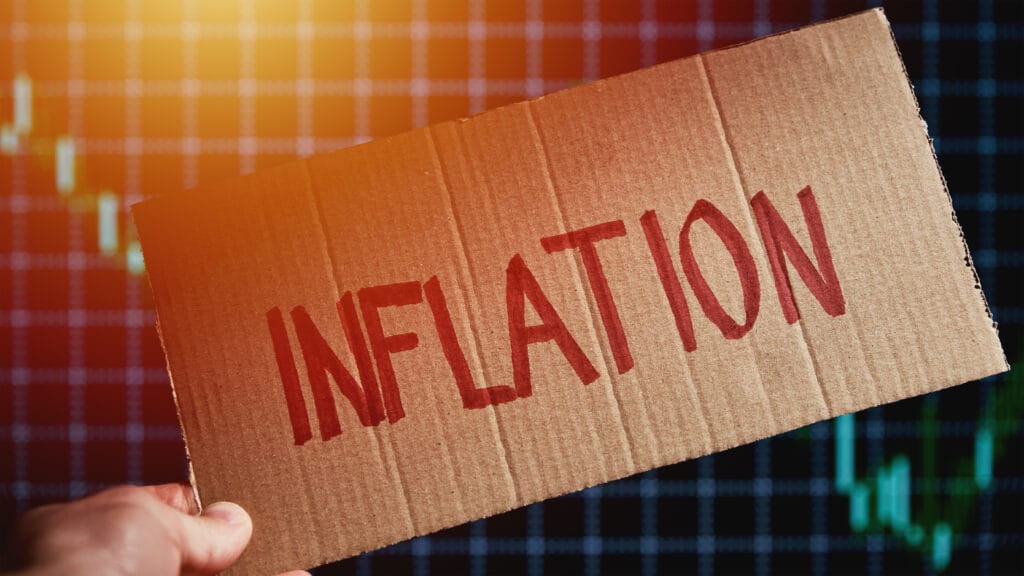By Christopher Cervantes, RFP

THE Bangko Sentral ng Pilipinas (BSP) announced last May 19 the decision of the Monetary Board to hike rates by 25 basis points (bps) effective May 20. Some analysts expect the Monetary Board to hike benchmark rates by 75 bps this year to tame inflation and reduce currency risks after the US Fed (US Federal Reserve) hikes its benchmark rates.
The question of many ordinary people might be, how will interest rate hikes affect me? Banks and lending institutions use BSP rates to benchmark their loan and deposit rates. When interest rises, the public will be encouraged to save more to take advantage, resulting in less supply of money in circulation. When people are encouraged to save, it will result in less demand for goods and services, driving the prices down. In addition, businesses may borrow and invest less due to higher lending costs and potentially slow hiring.
If you are following your financial plan religiously, obviously, interest rate hikes can affect the components of your investment portfolio.
nInterest rate hikes will push the bonds’ coupon rate higher, making your existing bond with a lower rate worth less. Therefore, it is ideal to avoid buying long-term bonds during this time, which will incur a more significant paper loss. If you are into bond investing, it is recommended that you do bond laddering — investing in a series of bonds that mature at a regular interval.
Stocks are not directly affected by interest rate hikes. However, lowering the money in circulation will mean lowering consumer spending, resulting in less income for the companies in the stock market. With a balance of stocks and bonds, your portfolio will be more stable in this rising interest environment.
In this kind of scenario — unstable prices due to inflation and rising interest rate — staying optimistic and sticking to your financial plan is a superpower. I know it’s easier said than done, but here are the things you might want to consider in managing your financial goals.
Stay grounded with your investment decision. And you can do that by recording all your investing decisions. Remember, the biggest challenge in a turbulent market is to manage our emotions. Know that despite our best intentions, we can still make mistakes and fail from time to time. Many investors tend to trade too much during a down market. While others put most of their assets “on hold,” fearing the down market would hit them badly. So, it is better to keep an investing journal. This will help you identify the pattern of what is going wrong or right with your investing decisions.
Another approach that you may take is by automating your investing. This will help you stick to the plan, thereby ensuring that your financial goals, like ensuring your children’s college fund, will happen in the future. Of course, you may invest a fixed amount of money according to what your financial goals require from you. But don’t just invest. Avoid adding more losers, and don’t sell winners prematurely. Checking the fundamentals of your investment will help you identify which one to add more to and which one to put on hold.
The current market situation is a perfect opportunity for us to invest in those cheap but valuable assets for the long term. As Charlie Munger explained, “It’s waiting that helps you as an investor, and a lot of people just can’t stand to wait. If you didn’t get the deferred-gratification gene, you’ve got to work very hard to overcome that.”
In any given market condition, especially now that emotions run high after the election, the best course of action is often to do nothing if you honestly know you are not sure what you’re going to do. An investment should not rely on the right timing or finding the exact bottom. The worst thing to do is panic and sell out at the bottom. Like they usually say during market unrest, “this too shall pass.”







